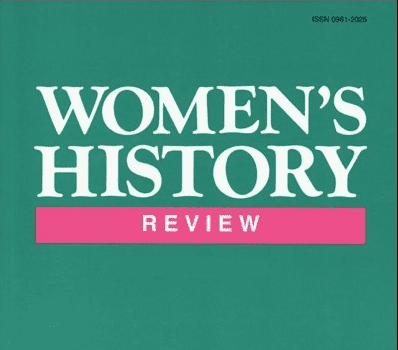
From the margins to the center: urban housing for single Jewish women in pre-state Israel

news, new scholarship & more from around the world

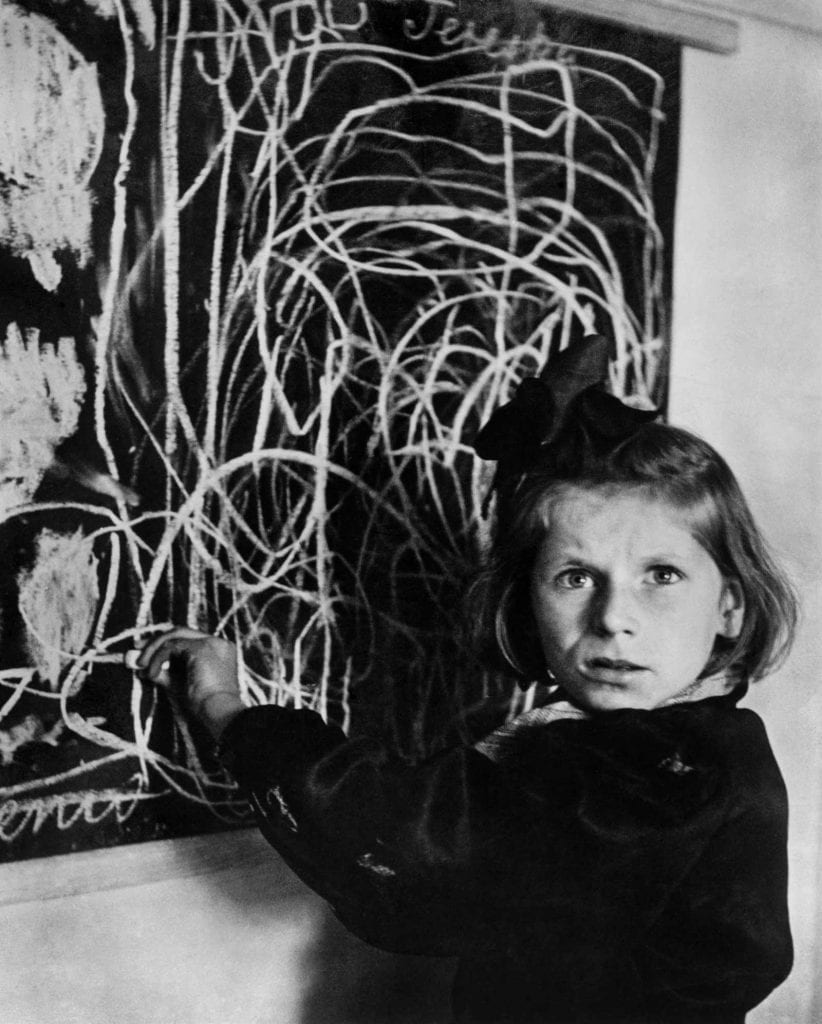
Tereska, in a residence for disturbed children, after drawing a picture of “home” on the blackboard, Poland, 1948
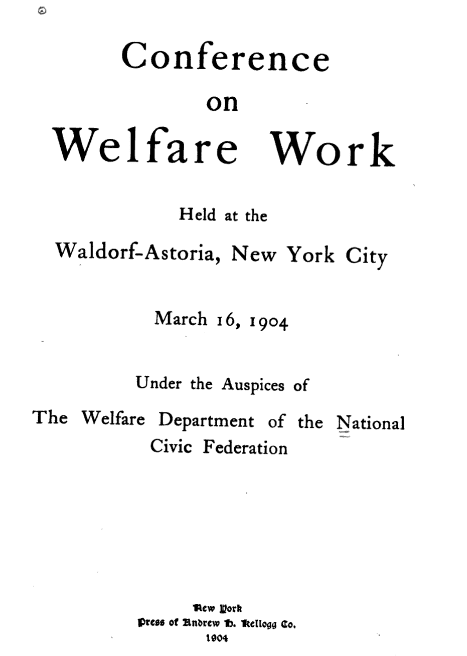
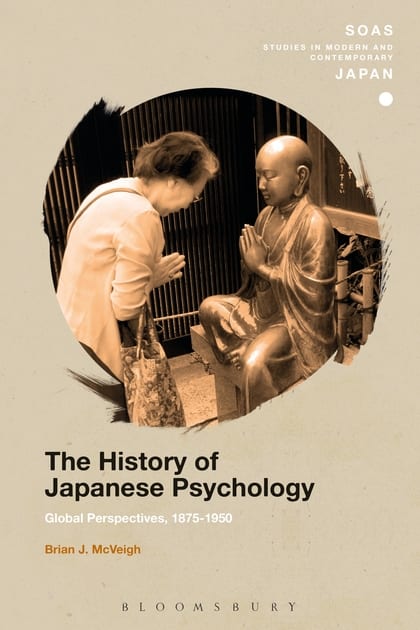
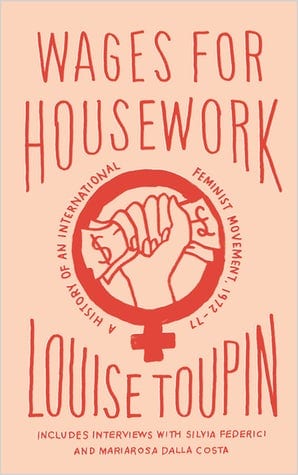

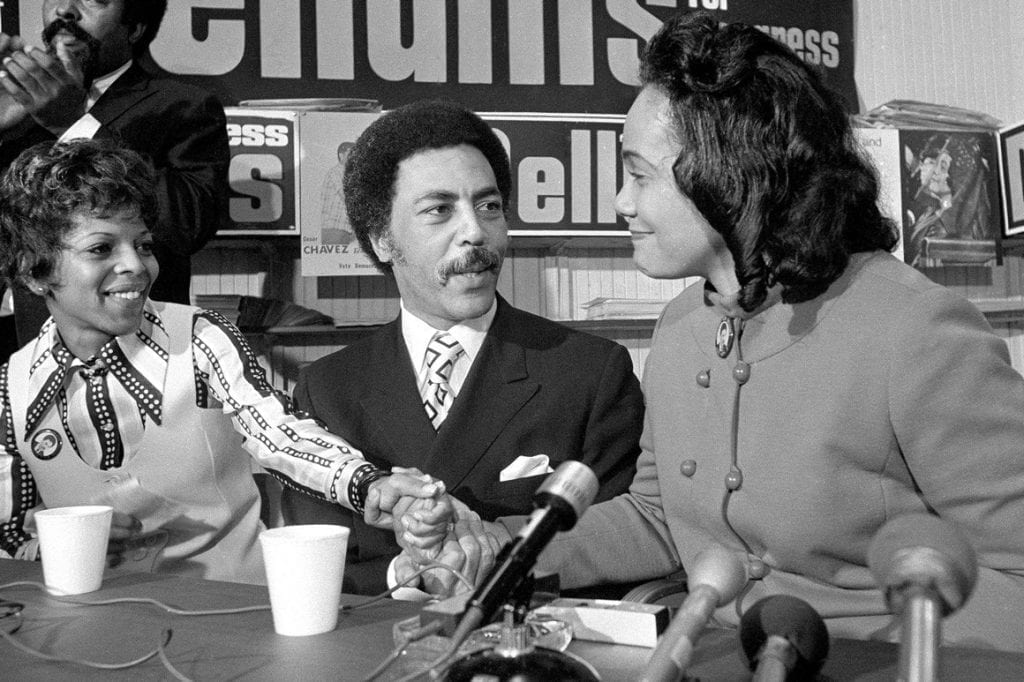
Congressman Ron Dellums was a social worker by profession, and as I studied for my own master’s degree in social work at the University of California, Berkeley, he invited me to join his office as a summer intern. It was 1974, and Congress was in the midst of the Watergate hearings. I learned a lot that summer. I saw how Ron—as a progressive, and as an African-American man—navigated his work as a legislator and built relationships without ever compromising his values.

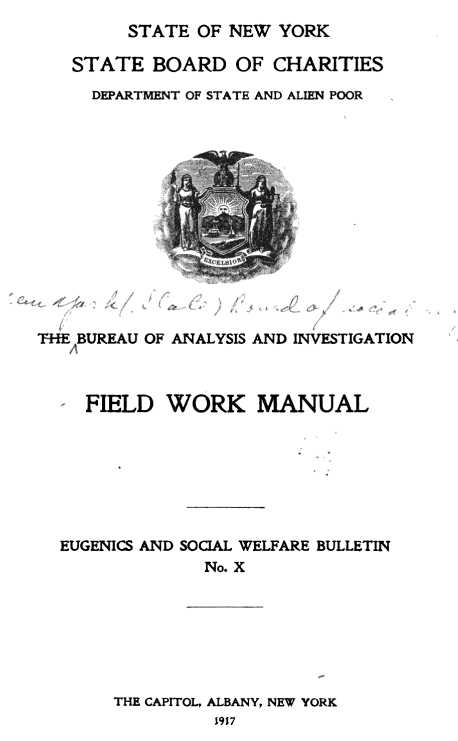

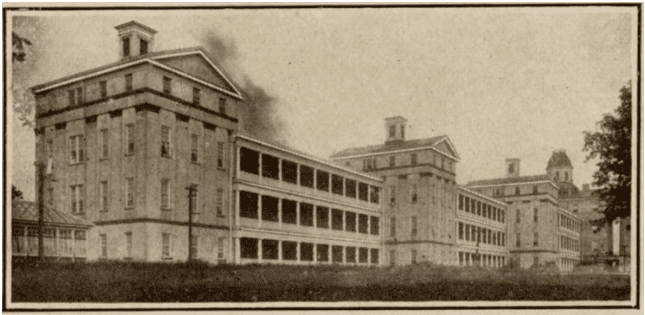
About 35,000 people were sent to the Mississippi State Lunatic Asylum between 1855 and 1935.

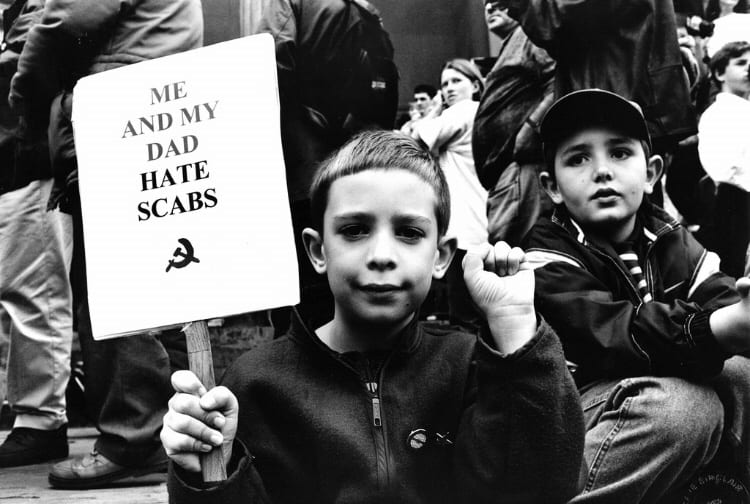
A young boy supporting the striking Liverpool dockers, 1990s.
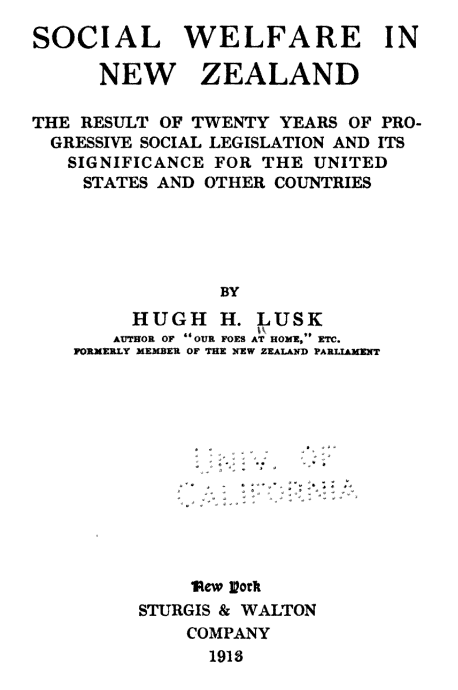
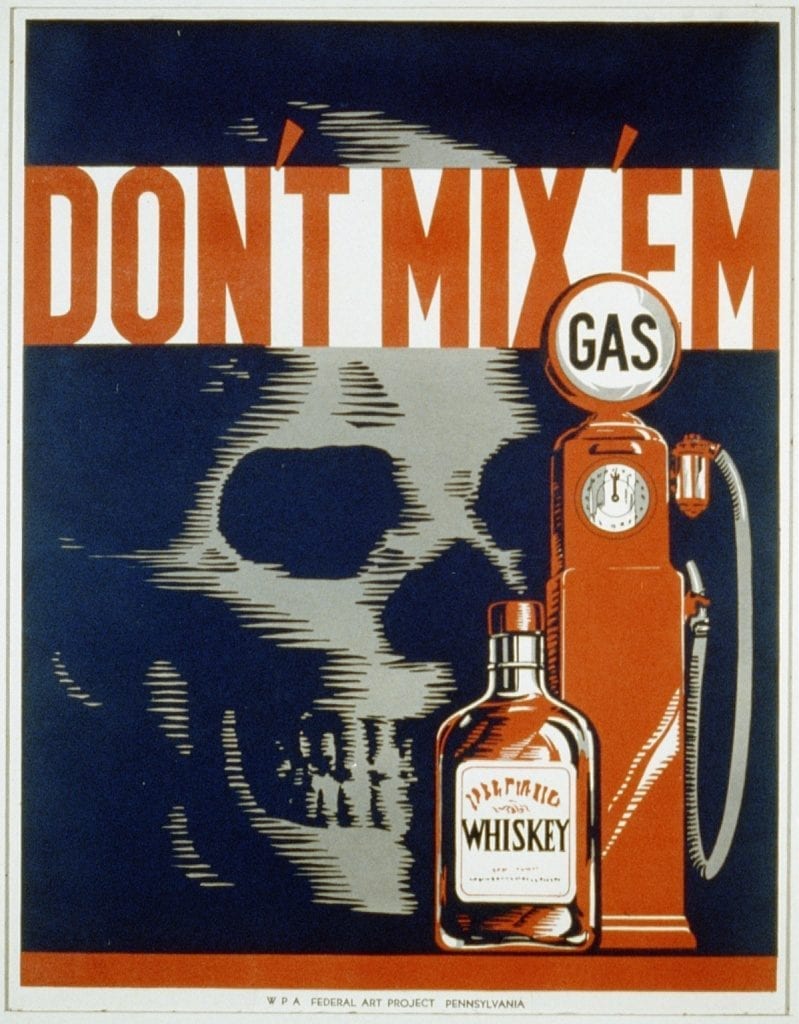
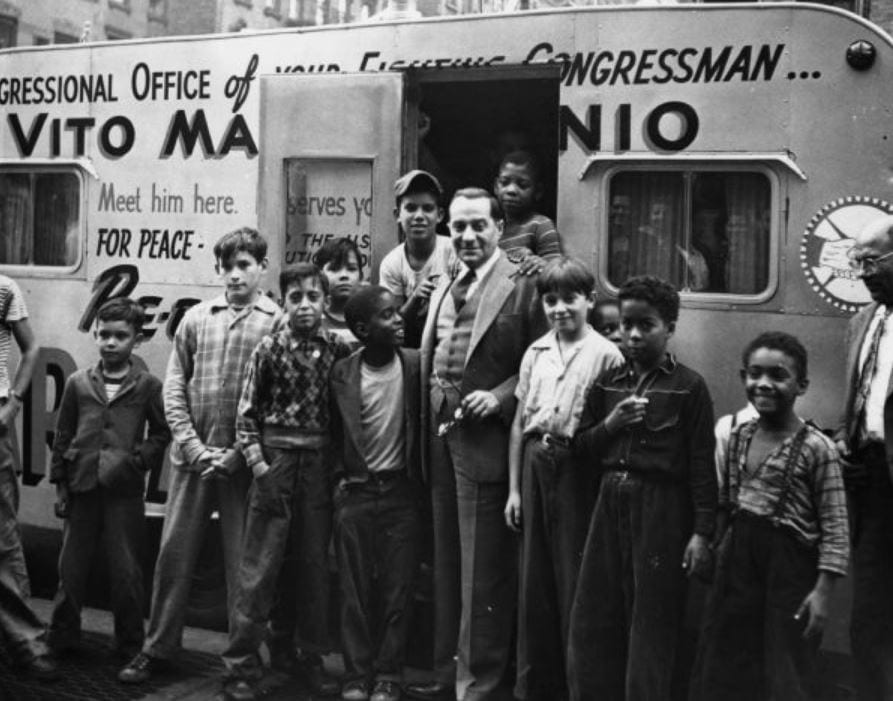
Vito Marcantonio with children from his district in New York.
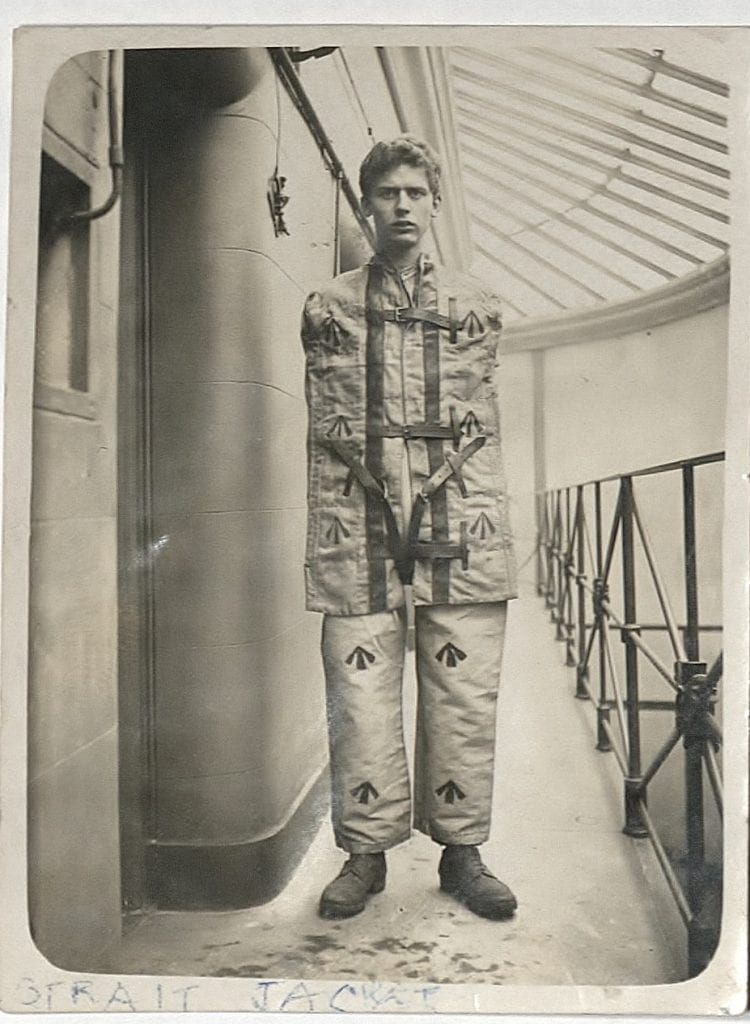
This is a major new, five-year project, funded by a Wellcome Trust Senior Investigator Award, and led by co-PIs Associate Professor Catherine Cox (UCD) and Professor Hilary Marland (University of Warwick).

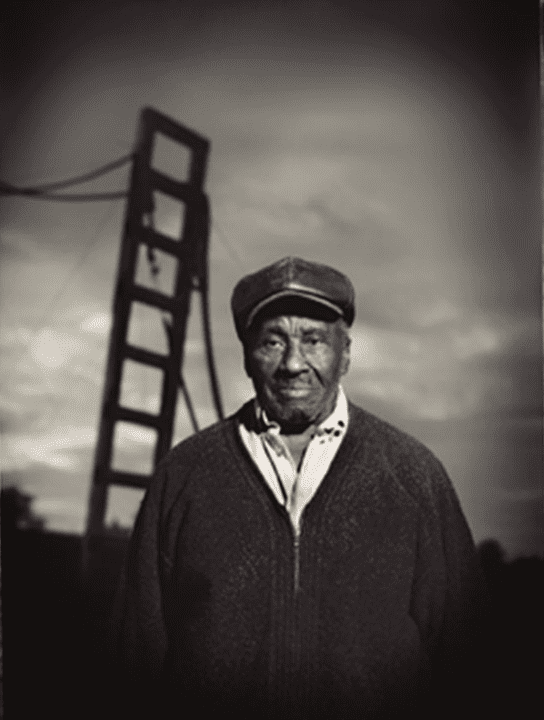
Born in 1917 at the height of Jim Crow, in Snow Hill Alabama, a town that has no national census data; Noah Purifoy sought out higher education, received a B.A. degree, taught industrial arts in high school, and then enlisted in the Navy during WWII as a Sea Bee. After the war he returned to university for a graduate degree in Social Work; eventually, plying his training in Los Angeles. Encumbered by race and social quicksand, Noah’s curiosity and determination are worthy, in and of itself, of multiple volumes. Disillusioned with “social work,” Noah left work one day and enrolled in Chouinard Art Institute (now CalArts) becoming its first African American student, and received a BFA, his third degree.
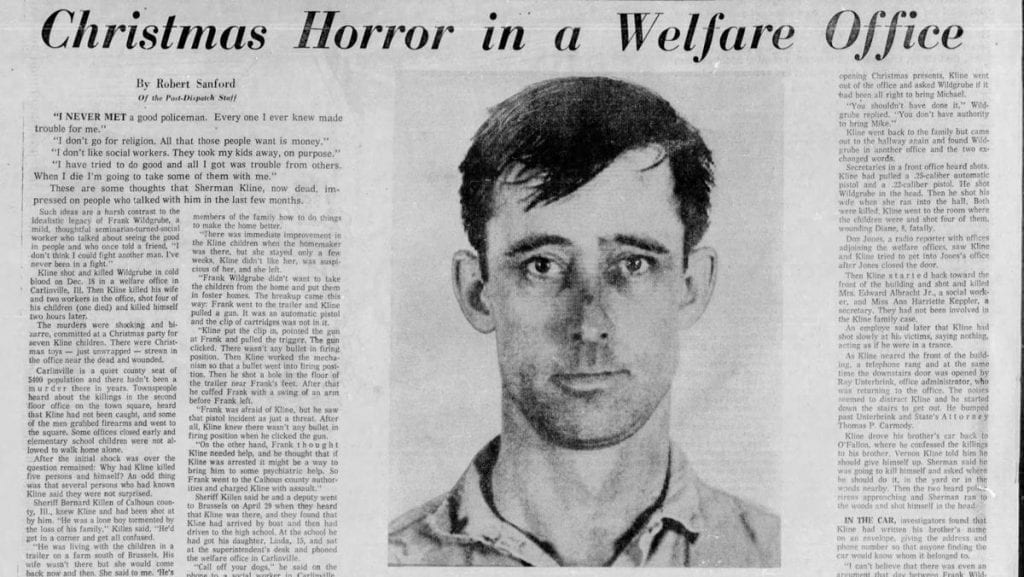

Phillips follows the ever-changing cultural meanings of these potent potables and makes the surprising argument that some societies have entered “post-alcohol” phases. His is the first book to examine and explain the meanings and effects of alcohol in such depth, from global and long-term perspectives.
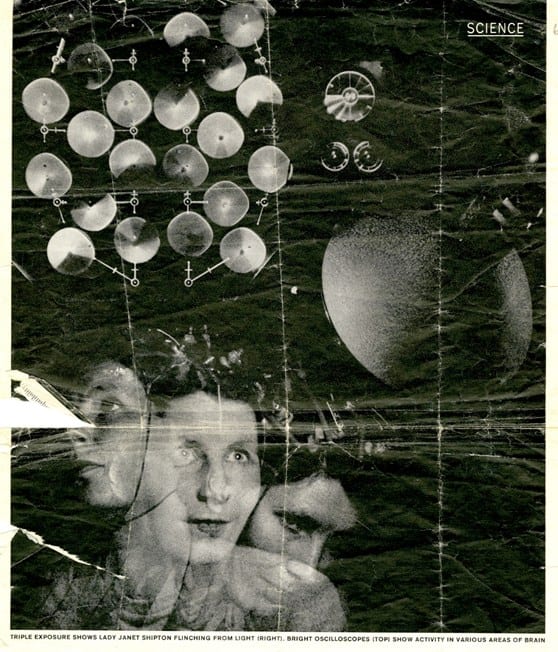
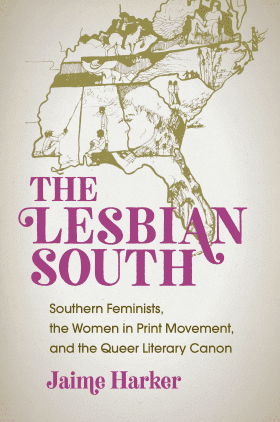
Anchored by a constellation of southern women, the Women in Print movement grew from the queer union of women’s liberation, civil rights activism, gay liberation, and print culture. Broadly influential from the 1970s through the 1990s, the Women in Print movement created a network of writers, publishers, bookstores, and readers that fostered a remarkable array of literature.
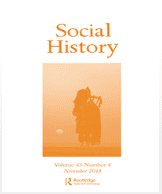
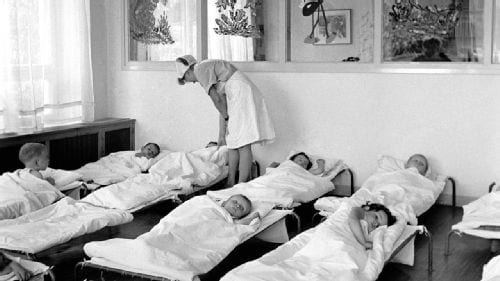
In 1963 a documentary film, Children Without Love [Dětí bez lásky], was smuggled out of Communist to the Venice Biennale film festival – and was screened in cinemas at home, surreptitiously tagged onto the end of a Miloš Forman film.

In Policing Los Angeles, Max Felker-Kantor narrates the dynamic history of policing, anti-police abuse movements, race, and politics in Los Angeles from the 1965 Watts uprising to the 1992 Los Angeles rebellion.
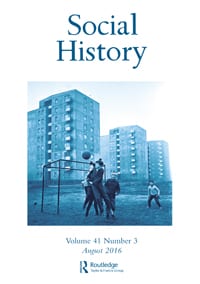
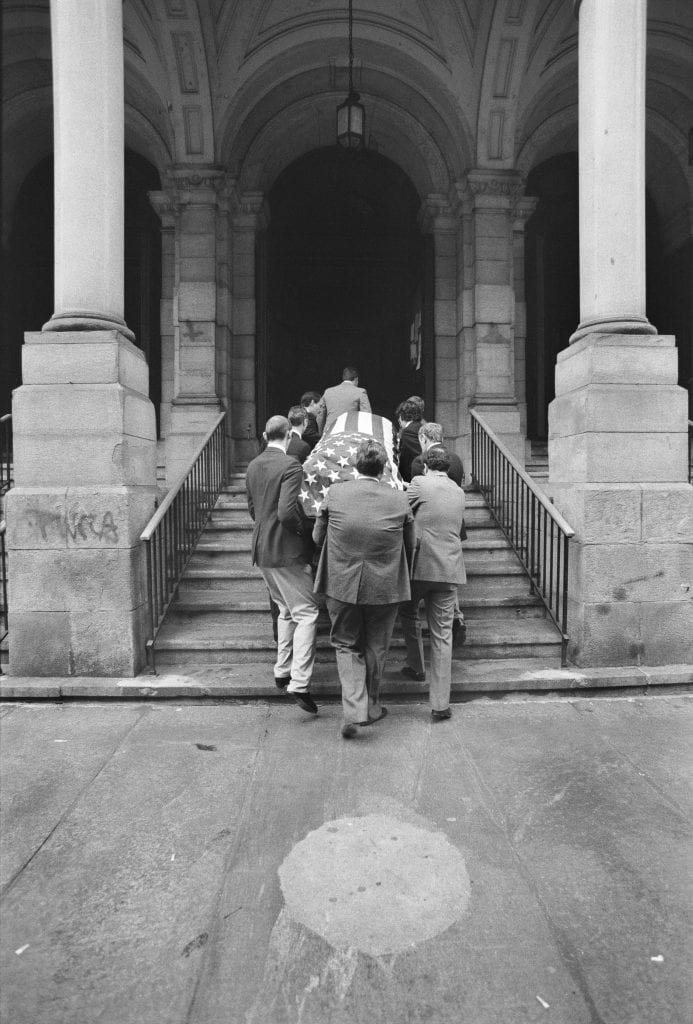
A memorial service at St. Francis Xavier Church for gay activist Diego J. Lopez, who died of AIDS. Lopez was a social worker and psychotherapist who served in the Vietnam War. A one-time clinical director at Gay Men’s Health Crisis, he developed a training program for AIDS volunteers that became a model for organizations in other cities. Oct. 2, 1986.
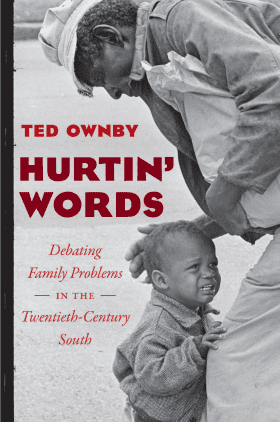


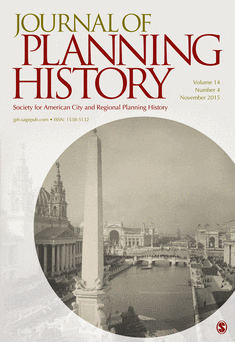

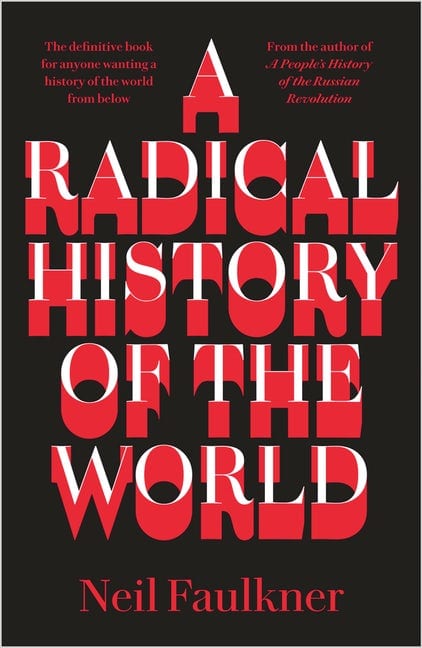

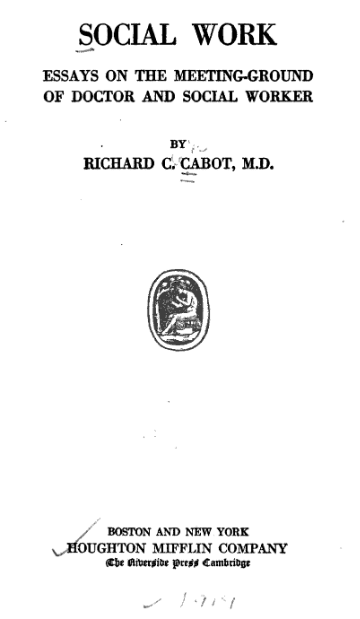
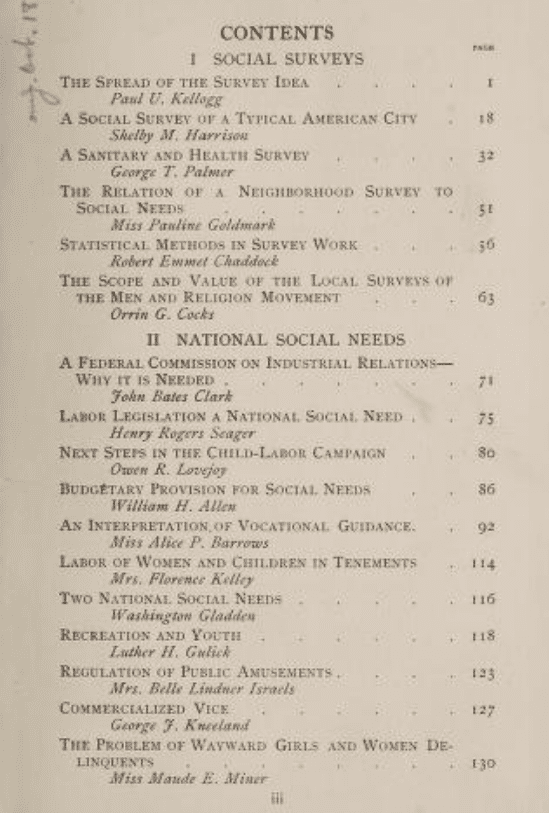

Crossing period boundaries separating late medieval, early modern, and long eighteenth-century England, Paul A. Fideler offers a coherent overview of parish-centered social welfare from its medieval roots, through its institutionalisation in the Elizabethan Poor Law, to its demise in the early years of the Industrial Revolution.
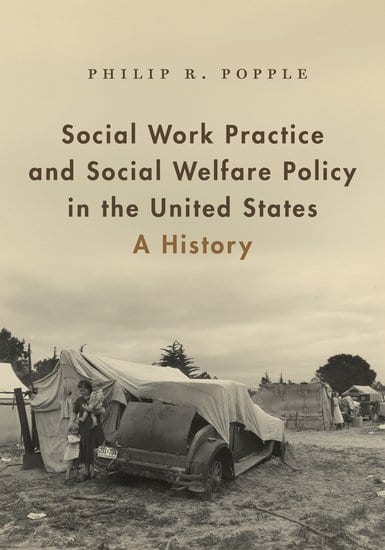
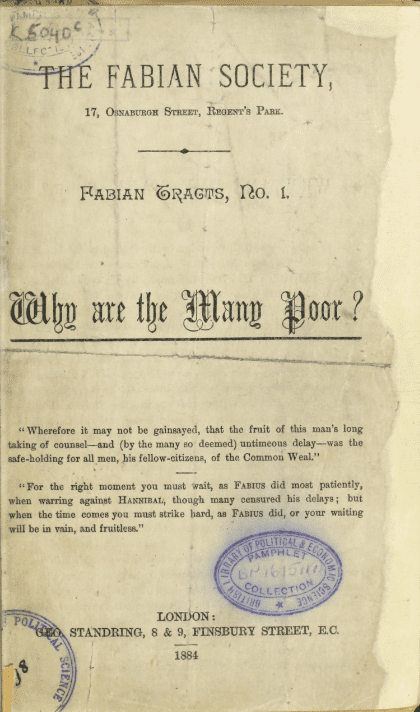

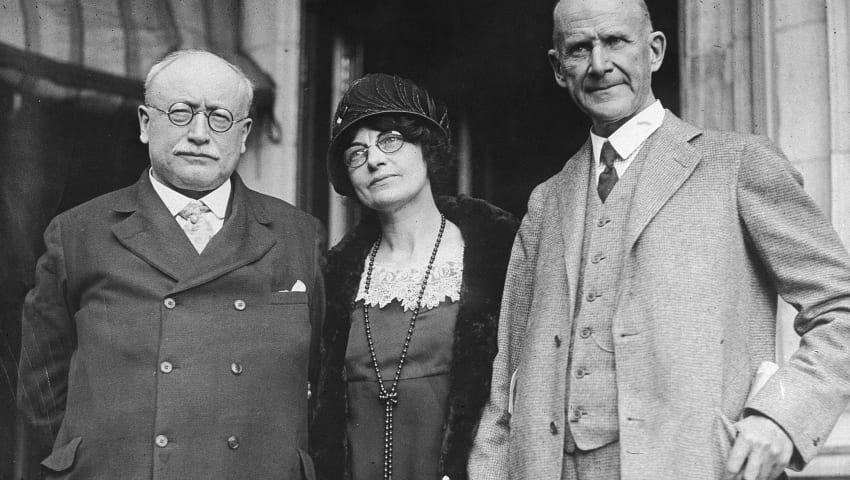
Victor Berger, seen here with Eugene V. Debs and Berth Hale White, was an American socialist elected to the House in 1910.



This paper outlines the historical narrative that has led to the current worldwide phenomenon of ice use and explores contemporary directions of research into its impact and potential treatments.
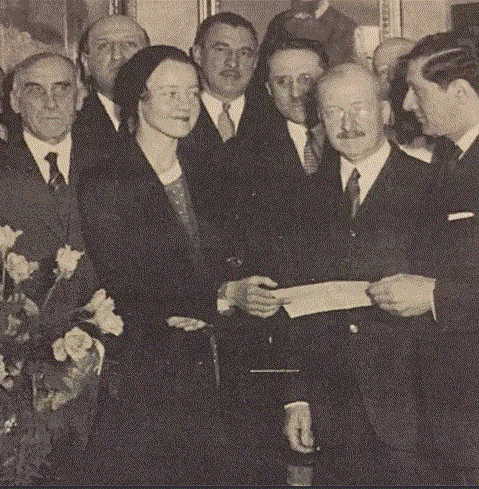
Catherine Bauer, accepting the check for her prize-winning essay for Fortune
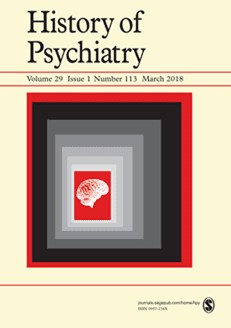
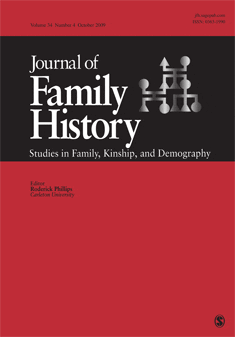
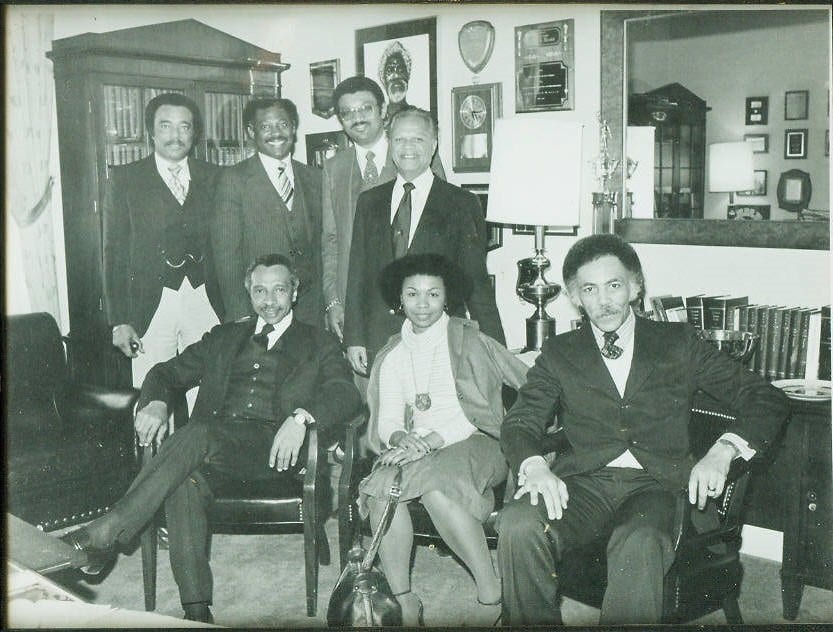
Rep. Ron Dellum, right, is pictured with staff members, including Barbara Lee, in an undated photograph.